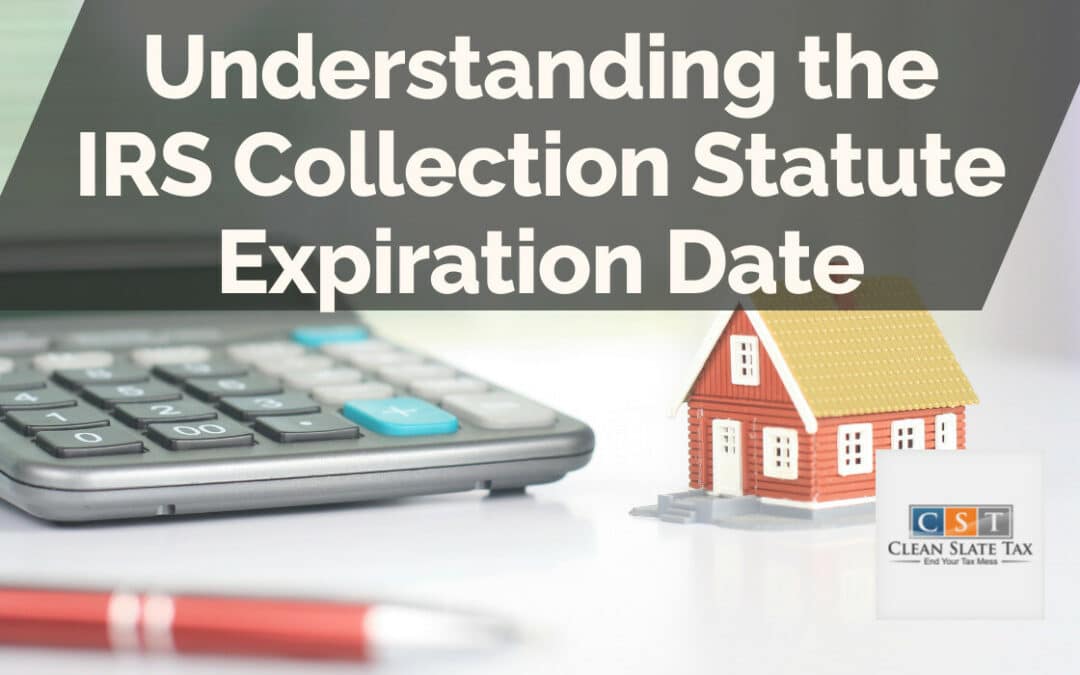The Internal Revenue Service (IRS) is an organization that many people have dealings with at some point in their lives. One critical aspect of dealing with the IRS involves understanding the Collection Statute Expiration Date (CSED). In this article, we will explore what the CSED is, how it can impact you, and helpful strategies for dealing with it.
What is the IRS Collection Statute Expiration Date?
The Collection Statute Expiration Date (CSED) is a time frame within which the IRS is legally allowed to collect outstanding tax debts. This period typically lasts ten years unless certain exceptions apply. After the expiration of the CSED, the IRS can no longer legally attempt to collect on the debt.
How is the CSED Calculated?
The CSED starts on the date your tax liability is assessed, not when it’s filed. It includes extensions, periods of non-collectibility, or stays from bankruptcy proceedings. However, if you have arranged an installment agreement, an Offer in Compromise (OIC), or applied for Innocent Spouse Relief, the clock essentially pauses.
Understanding Extensions and Exceptions
While the general rule is a ten-year collection period, certain circumstances can extend this time frame – these are known as ‘tolling’ events. Tolling events can include bankruptcy proceedings, litigation, and some debt repayment arrangements. Understanding how these events affect your CSED can be vital in tax planning and avoiding unpleasant surprises.
Strategies for Dealing with IRS Collections
-
Keep Records: Make sure to keep copies of all correspondence with the IRS. This includes letters, forms, and notices. You never know when this documentation might become crucial.
-
Consult a Professional: Tax laws are complex. Enlist the help of a tax professional or attorney to guide you through the process and make sure your rights are protected.
-
Don’t Ignore the IRS: If you receive a notice from the IRS, do not ignore it. There can be severe consequences, including penalties, additional interest, and in some cases, legal action.
Frequently Asked Questions (FAQs)
What happens after the Collection Statute Expiration Date (CSED)?
After the CSED, the IRS can no longer pursue collection activities for the debt in question.
Can I dispute the CSED?
Yes, if you believe there is an error in the calculation of your CSED, you can file a dispute with the IRS.
Can the IRS extend the CSED without my consent?
Generally, the CSED cannot be extended without your consent. However, certain circumstances, like litigation or bankruptcy proceedings, could cause an automatic extension.
In conclusion, understanding the IRS Collection Statute Expiration Date can be a complex task but knowing its intricacies and implications can help you prevent running into trouble with the IRS and protect your financial well-being.





